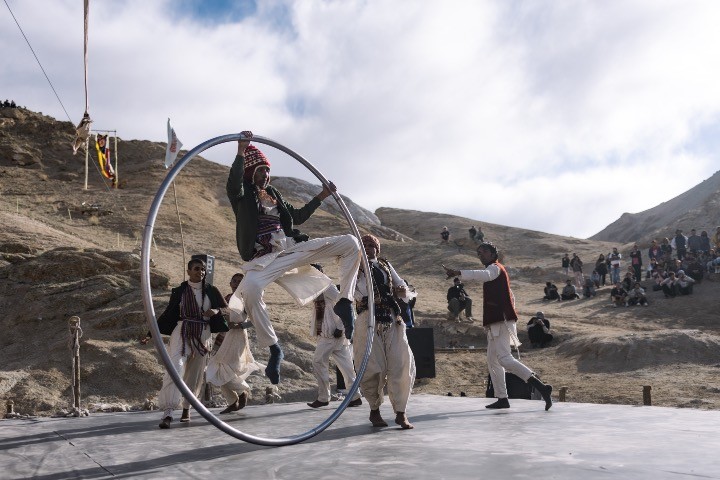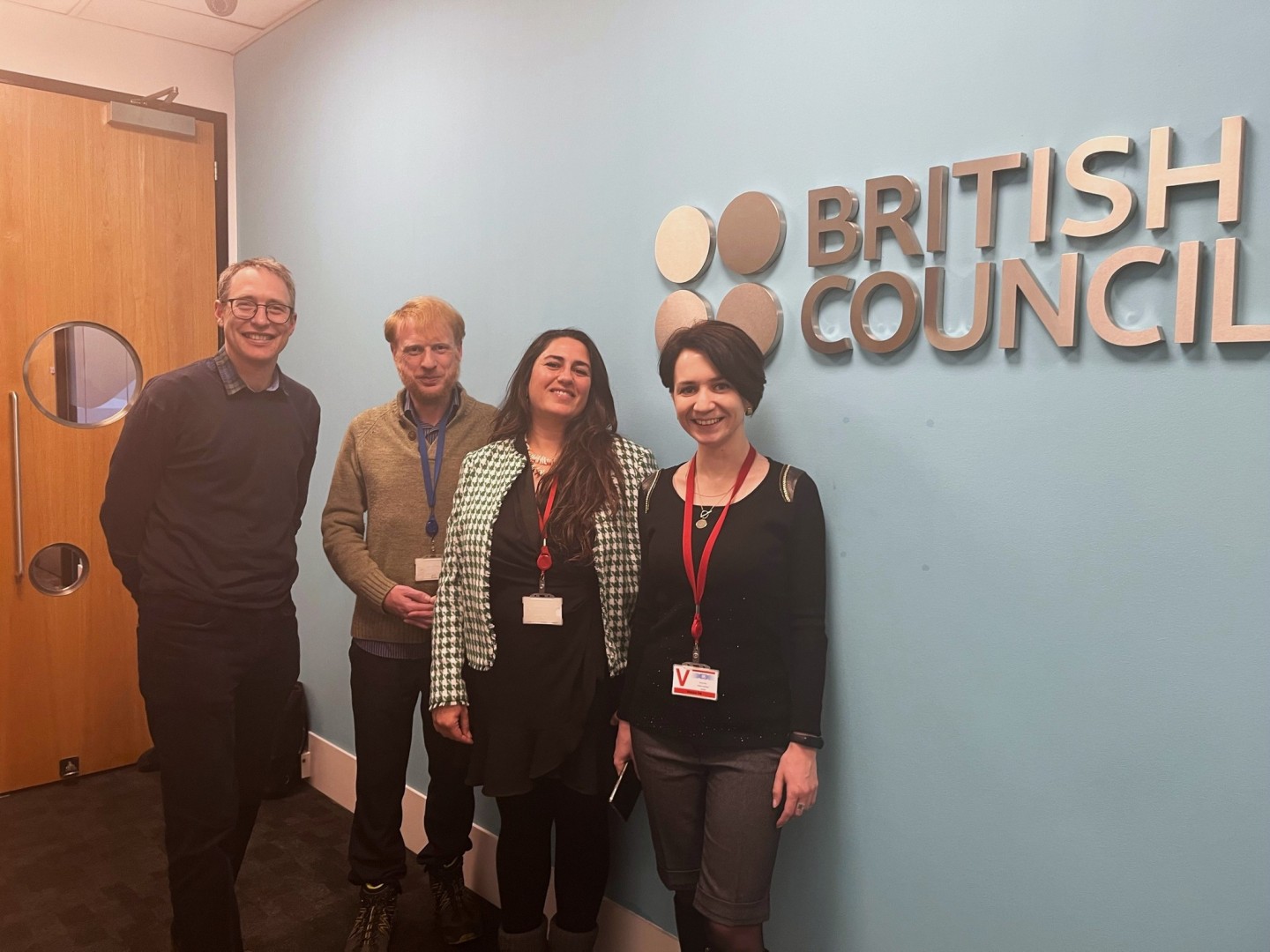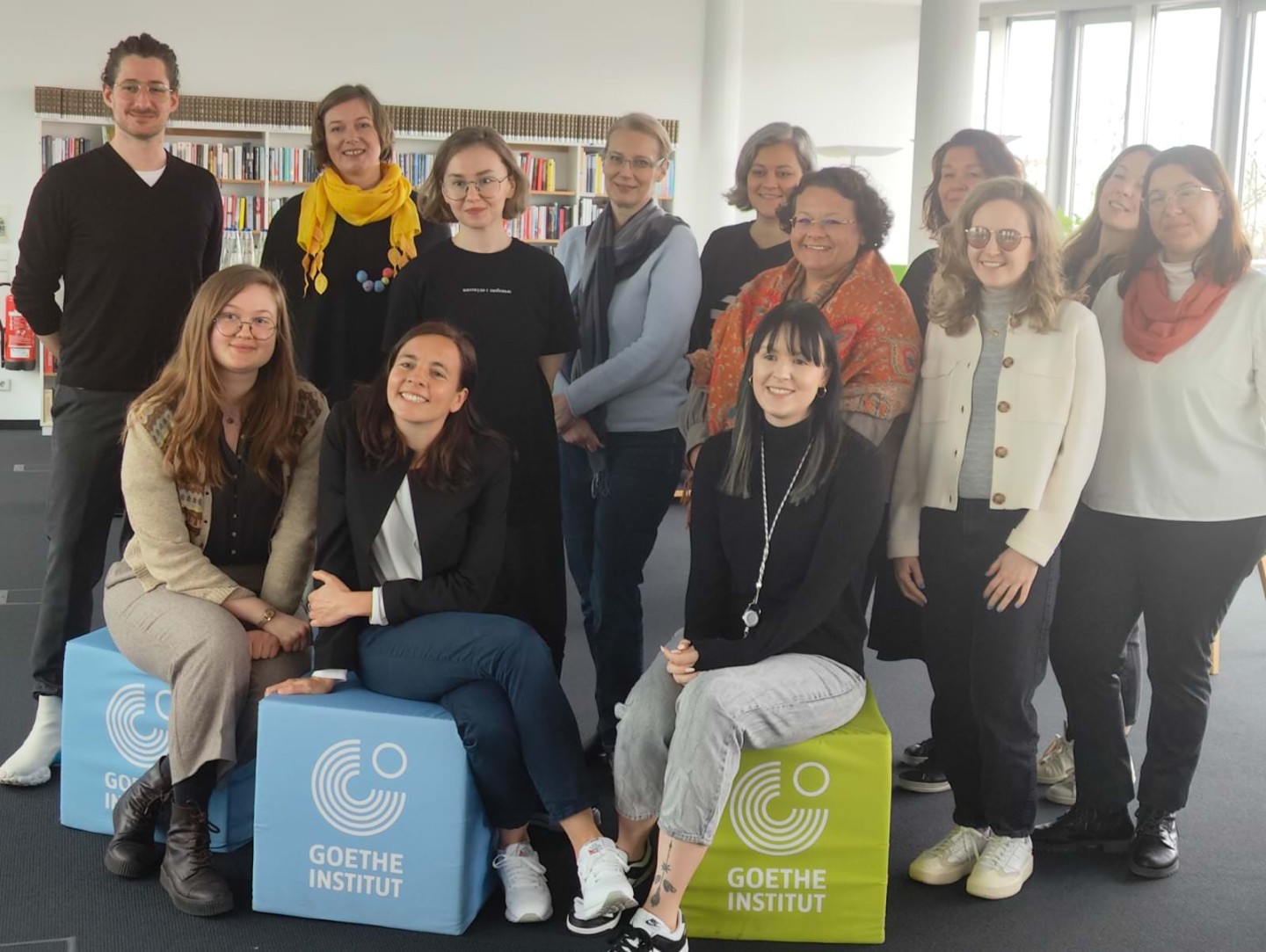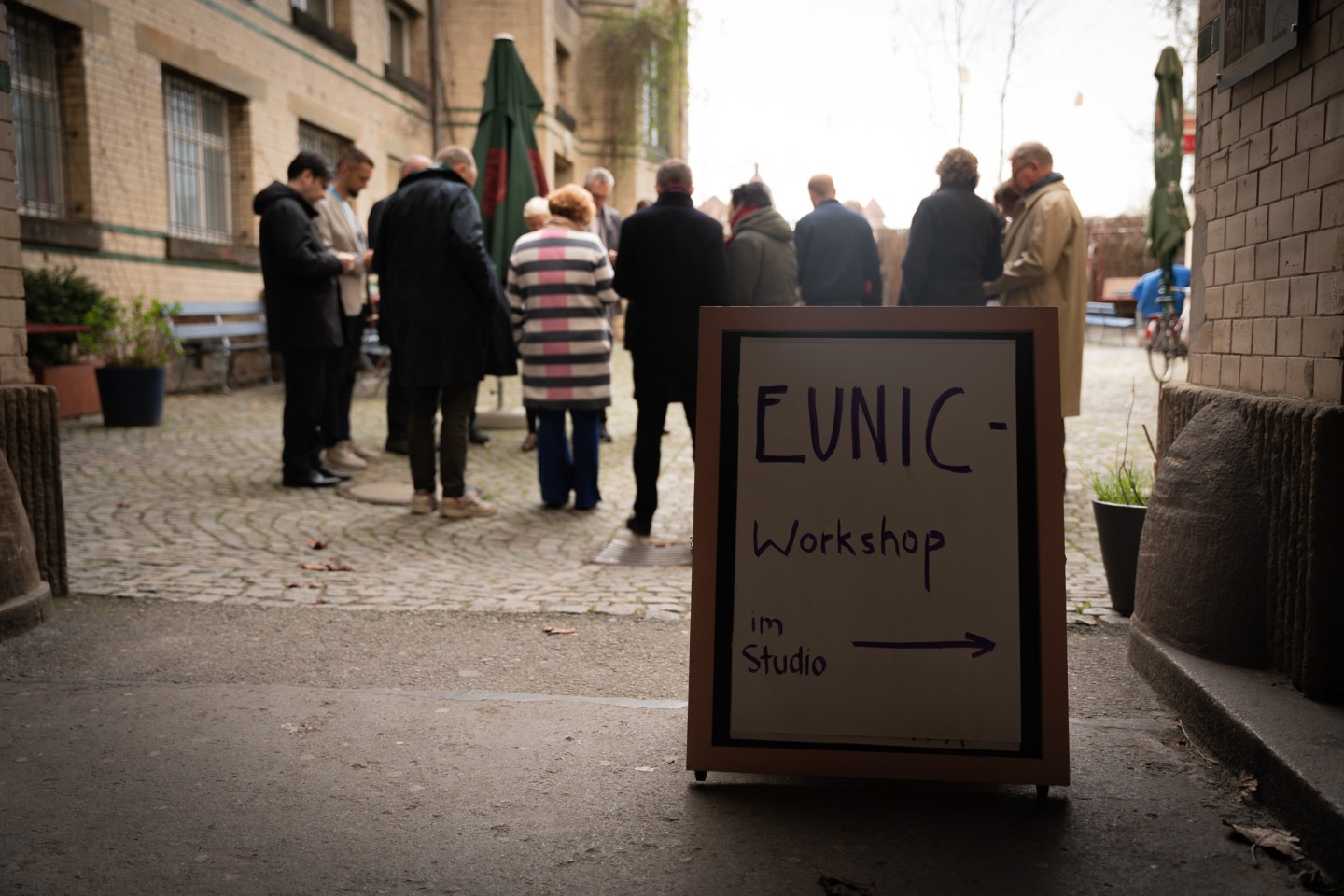

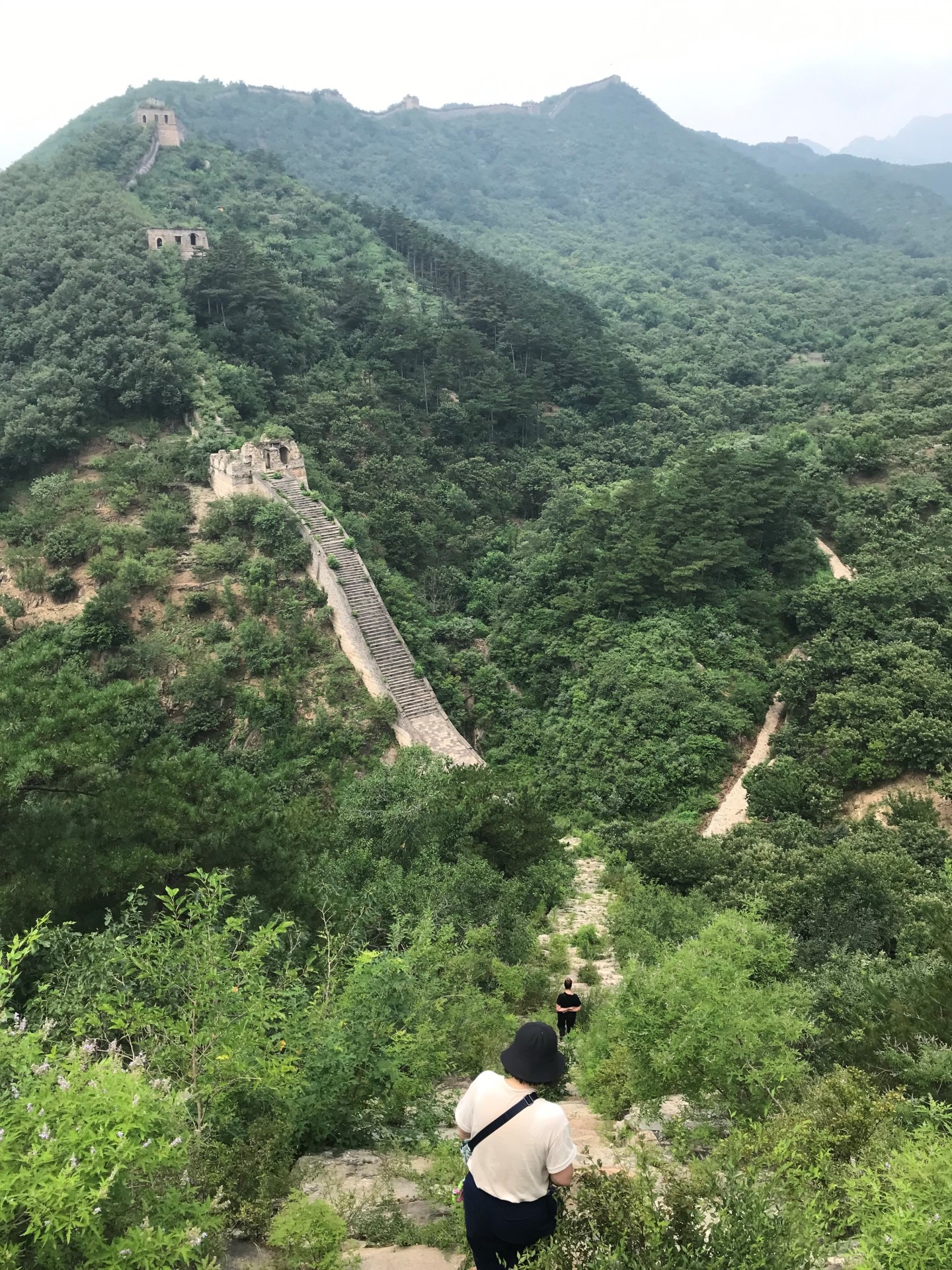
EUNIC Mobility Scheme Visit to Beijing
Summer Xia, Country Director Indonesia & Director Southeast Asia at British Council, participated in the EUNIC Mobility Scheme and shares his reflections on the visit in Beijing, China in July 2025.



Stepping into the vibrant heart of cultural diplomacy in China, the EUNIC Mobility Scheme programme unfolded as a transformative journey—a symphony of shared passions, cross-border creativity, and the quiet power of art to connect continents. My deepest thanks to the EUNIC Cluster China members in Beijing, whose generosity and insights made this experience possible. A special acknowledgment to the Italian Cultural Institute for their visionary programme design and warm hospitality, which anchored our days of discovery. Over moments ranging from institutional dialogues to the Great Wall’s silent majesty, I witnessed how Europe and China are weaving a future of mutual understanding, one cultural thread at a time.
The Spirit of Collaboration
From the warm welcome at the Italian Cultural Institute to exploratory tours of the 798 Art District and the Goethe-Institut, each meeting pulsed with a shared conviction: culture is not merely exchanged but co-created. At the Austrian, Polish, Greek, and Romanian Institutes and Embassies, colleagues spoke of “public diplomacy” as a living practice—where language courses, film festivals, and jazz concerts become portals into each other’s worlds. The Cervantes Institute’s vision of a “hybrid library” for Spanish-language learners and Poland’s emphasis on translating children’s literature into Chinese revealed a common truth: accessibility ignites belonging.
Art as Universal Language
Music became our compass. The Trio Fiabia’s folk-jazz fusion and Moreno Donadel’s piano homage to Morricone and Battisti were more than performances; they were emotional handshakes between Italy and China. In these moments, notes replaced words, and the audience—whether diplomats or local students—leaned in together. As colleagues at the Polish Institute noted, “If there is willingness, there is a way.” This resonated deeply as we discussed leveraging digital platforms to reach young audiences beyond Beijing, where curiosity thrives but resources lag.
Challenges Turned Opportunities
The candid conversations unveiled hurdles: the need for sustainable funding, the gap between Beijing and China’s provinces, and the delicate dance of cultural relevance. Yet, optimism prevailed. The Italian Institutes’ global network (now 88 strong) showcased how “Made in Italy” transcends commerce—it’s a currency of trust. Meanwhile, EUNIC Cluster China’s “Voices Across Time” initiative demonstrated how even social challenges—like ageing and intergenerational care—can spark powerful engagement when approached through inclusive, creative collaboration.
A Path Forward
This visit was both a mirror and a map. It reflected the hunger for deeper ties—like Chinese students learning German for work opportunities, or EU-China collaborations on climate-themed theatre. It also charted a way ahead:
- Local Roots, Global Reach: tailor projects to regional audiences (e.g., touring Polish festivals to second-tier cities).
- Digital Bridges: invest in hybrid platforms—online exhibitions, livestreamed performances—to democratise access to European culture.
- Youth as Ambassadors: collaborate with young people themselves to co-create programmes, from ceramics workshops to disability-inclusive film screenings.
As I left Beijing, the words of a colleague lingered: “Culture is the slow, stubborn work of planting seeds.” EUNIC Cluster in China—a mosaic of diplomats, artists, and educators—is nurturing a garden where these seeds flourish. To my fellow EUNIC colleagues: Let’s keep tending it, together.
Summer Xia, Country Director Indonesia & Director Southeast Asia, British Council


